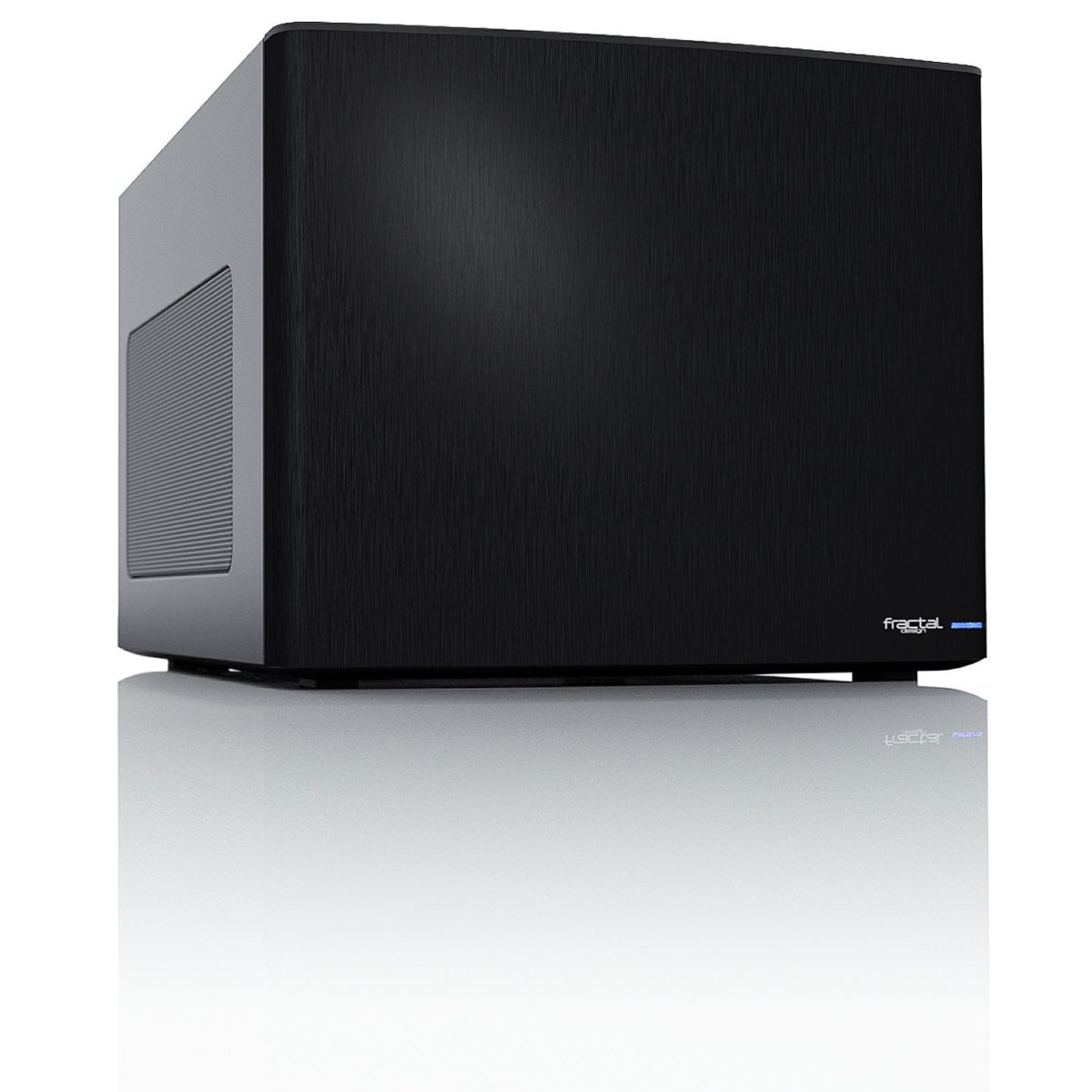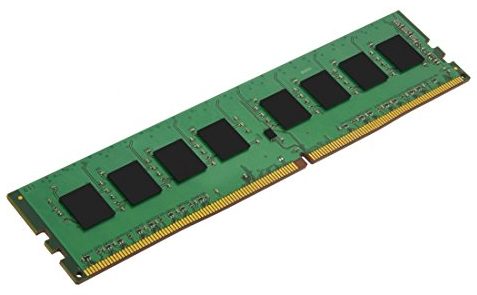Today I will be going over the parts you will need to build your own DIY NAS Server $1000 budget build 2016. In case you don’t already know NAS stands for Network Attached Storage.
These systems aren’t for everyone. There are other solutions such as a Synology for Network Attached Storage but these just don’t have the same capably, flexibility or power as a custom NAS server build like this one.
A NAS server should not be the only copies you keep of your most important files that you can’t afford lose. I keep multiple copies of all my important files on other storage mediums.
FREENAS is my operating system of choice for NAS builds. This OS is based on FREEBSD. It can run other services in what are called jails.
These Jails help keep your FREENAS build secure. Each jail is its own virtual machine. In these jails you can run a Plex media server. Another great thing you can run in one is OWNCLOUD. With it you can run your own personal cloud server. Saving you from having to pay for a service such as Dropbox, Google drive or one of the many other services out there. Not that these cloud storage services don’t have their place. I use Google Drive to back up my pictures so even if my house burned down or suffered a loss from some natural disaster I would have an offsite backup of them.
CASE
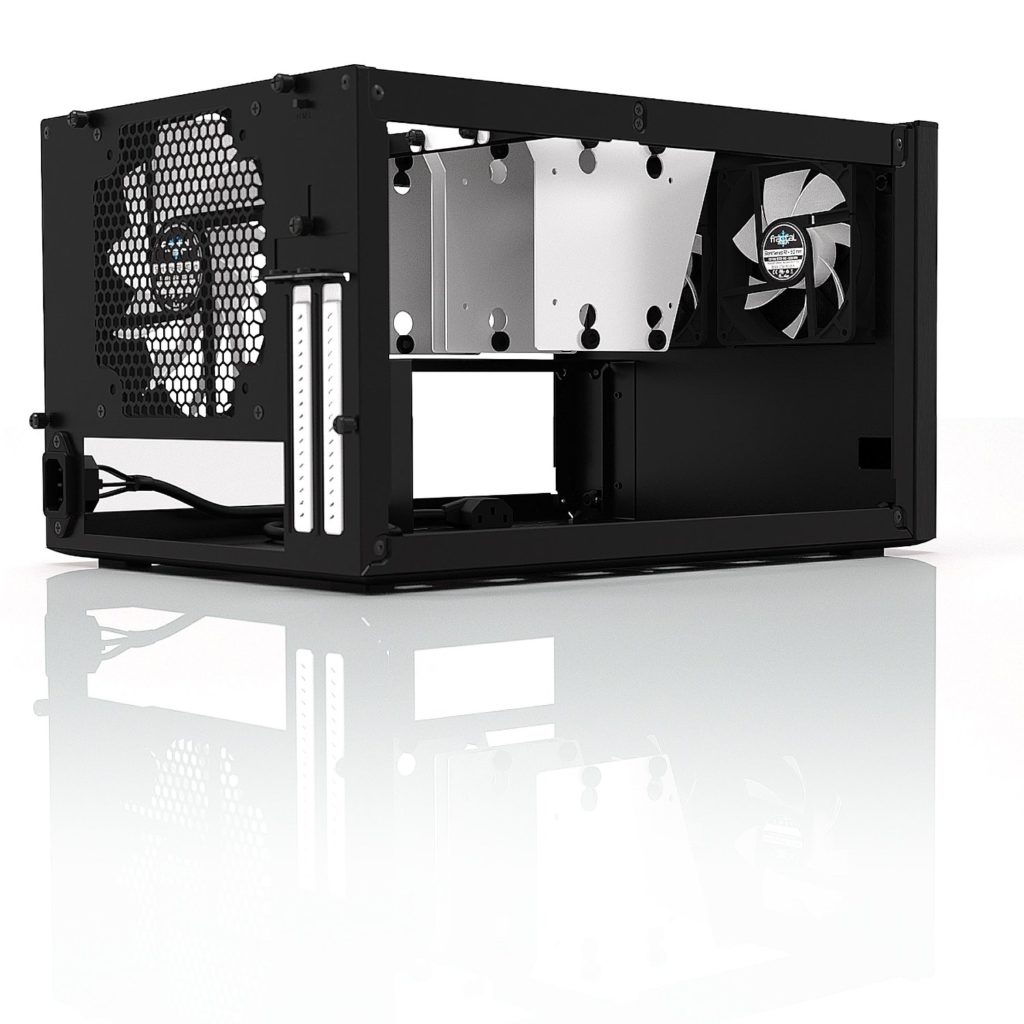
I went with the Fractal Design Node 304 Mini-ITX for this DIY NAS server build it’s a minimalistic designed computer case which makes it perfect for a home and small business NAS system. You can easily hide this small compact NAS computer away in a corner or closet out of sight. Measuring in at a tiny 250 x 210 x 374 mm or 9.8 x 8.3 x 14.7in. It has a compact, modular interior. This case supports Mini ITX and Mini DTX motherboards. It will accommodate ATX power supplies that measure up to 160mm in length.
There are filtered air intakes ensure a dust-free environment for internal components in the system. Removable air filters are located on the front intake fans and PSU intake. A unique modular mounting system that accommodates up to 6 hard drives, either 3.5″ or 2.5″ HDD / SSD. A fan controller for all 3 of the fans that come with this case. 1 front mounted 92mm and 1 Rear mounted 140mm fans. The fans are designed to run silent and have hydraulic bearings smooth long lasting operation. Removable air filters for front fans and PSU. A fan controller is included for all 3 fans.
MOTHERBOARD
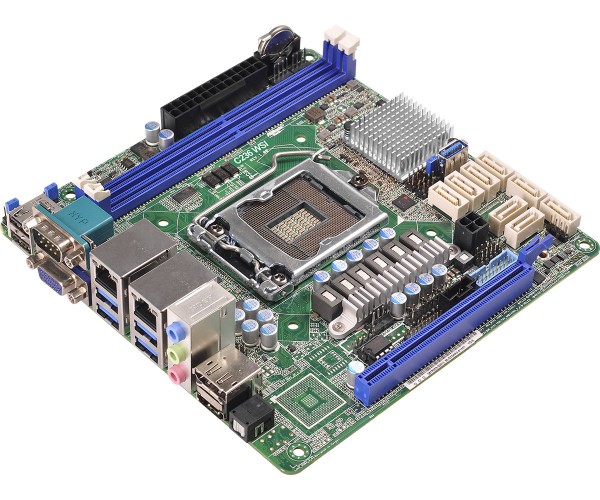
The ASRock Rack Motherboard C236 WSI is a socket LGA 1151. This small form factor Mini ITX motherboard will fit perfectly in our small case for this NAS system build. Since this board is socket LGA 1151 it will support Intel Skylake CPU’s and Intel Xeon E3-1200 v5 Series Processors. This will give you some flexibility if you decide later on that you NAS server needs some more processing power. Supports dual channel DDR4 2133 ECC/Non-ECC UDIMM with a max 32 GB or 2x16GB. Support up to 8 SATA3 internal hard drives by the Intel C236 chipset.
CPU
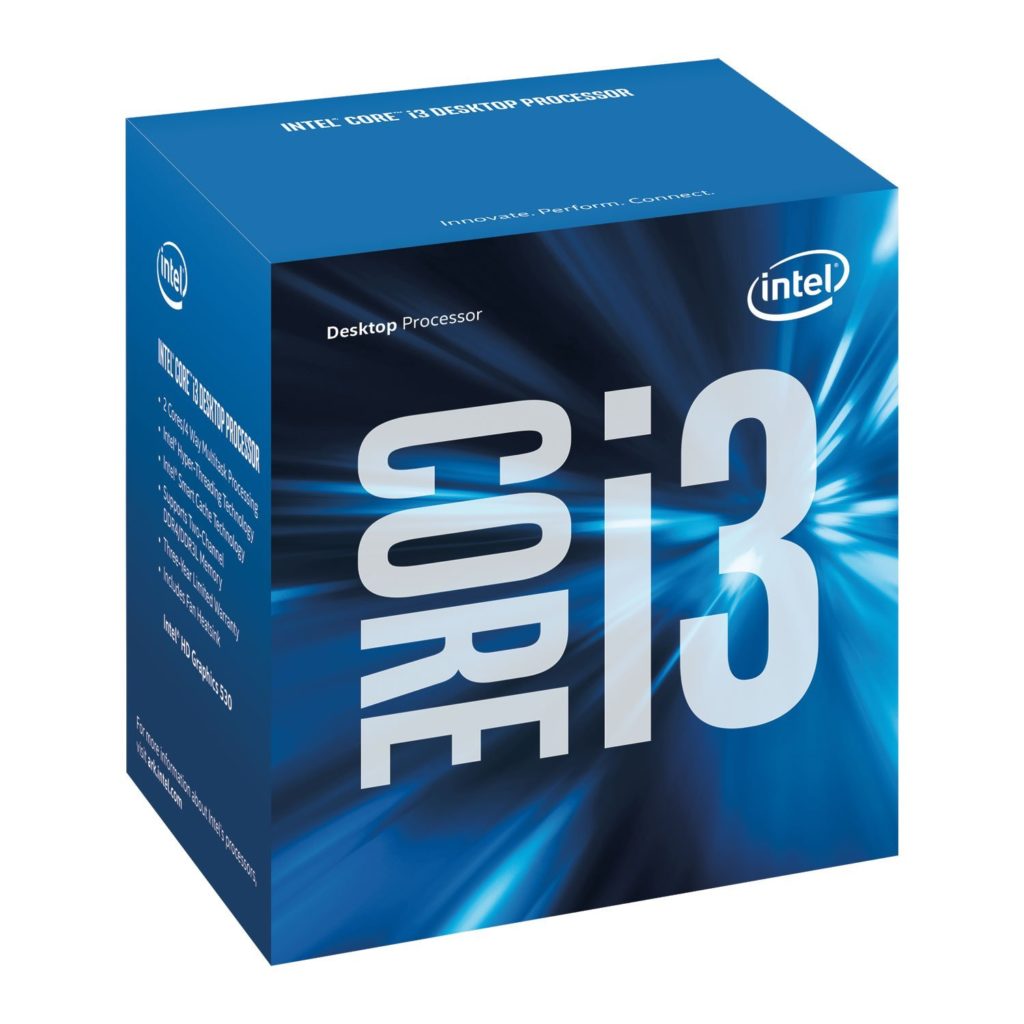
The Intel 3.70 GHz Core i3-6100 will be enough to run several jails on FREENAS. It runs at 3.7 GHz clock speed. It’s a dual core Skylake desktop processor with 4 threads. Socket LGA 1151, 3MB of Cache and has a 51w TDP. It’s not extremely low power but it’s still fairly power efficient. If you’re looking for an extremely low power consumption solution check out this build 2016 NAS System Build for Home or Small Business.
RAM
The RAM I went with on this one is Kingston Technology ValueRAM 16GB 2133MHz DDR4 ECC running at 2133Mhz. Make sure you get ECC RAM. It highly recommended if you want to ensure the integrity of your stored data on this NAS server. FREENAS calls for 8GB minimum and recommends for every TB of storage an additional GB of RAM. Unlike normal computer builds were you can usually get by with 4-8GB of ram FREENAS server builds need the extra capacity. It is a RAM hungry operating system.
POWER SUPPLY
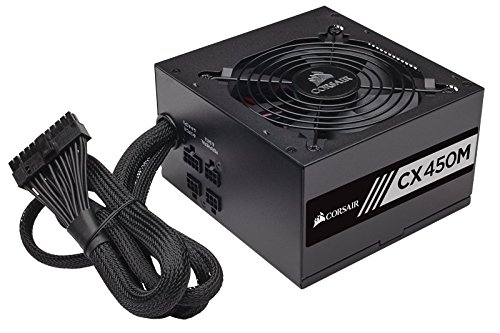
I went with the CORSAIR CX450M 450W Modular. It is a quality power supply and with 450 watts on hand. It will be able to power this NAS rig with no problems. It is 80+ Bronze certified. Has an ultra quiet 120mm fan that varies fan speed according to temperature in the power supply. Since this is a modular power supply you only need to connect the cables you will be using. This will help prevent air flow restriction in this small case and save on space in this cramped system build. There are 6 SATA connecters for your NAS hard drives.
HARD DRIVES
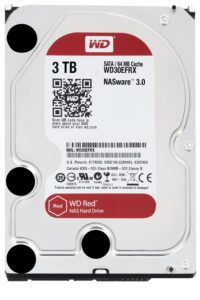
The most important part of this NAS system build is the four WD Red 3TB NAS. The 3TB hdds aren’t best value per Terabyte but they are close at around $35 per TB. This will give the system 12TB total raw storage but I suggest running in a RAIDZ1 (Like RAID 5) with 9TB total usable storage. In this configuration one drive can fail and you will still have all you data. If a second drive fails you will lose everything so make sure if a drive fails it gets replaced immediately so your system can start resilvering (rebuilding) the new drive, which takes some time.
There are other configurations like RAID 1 and 0 or RAIDZ2. These WD red drives are made for 24/7 operation in and a come with a 3 year warranty which makes the reds a good selection for your NAS system. Here is a chart below that breaks down some NAS hard drives choices and there configuration in RAIDZ1 / RAIDZ2.
This table reflects storage capacity with 4 drives in RAIDZ1 and 6 drives in a RAIDZ2 configuration.
| 1TB WD | 2TB WD | 3 TB WD |
| 3TB - RAIDZ1 | 6TB - RAIDZ1 | 9TB - RAIDZ1 |
| 4TB - RAIDZ2 | 8TB - RAIDZ2 | 12TB - RAIDZ2 |
| 4TB WD | 5TB WD | 6TB WD |
| 12TB - RAIDZ1 | 15TB - RAIDZ1 | 18TB - RAIDZ1 |
| 16TB - RAIDZ2 | 20TB - RAIDZ2 | 24TB - RAIDZ2 |
USB FLASH DRIVE
You will need a flash drive like the SanDisk Cruzer Fit 8GB USB 2.0 Low-Profile Flash Drive to install FreeNAS on to. It is a small low profile USB flash drive. Unlike a windows computer, FreeNAS is made to be boot from a flash drive. Once the OS is boots from it, it runs from the installed RAM on the system. A 8GB drive is the recommend size for your installation. Getting a larger flash drive has no added benefits.
BUILD PARTS SUMMARY AND PRICING
| DIY NAS $1000 Budget Build 2016 | ||
|---|---|---|
| Case | Fractal Design Node 304 | $69.75 |
| Motherboard | ASRock Rack C236 WSI | $199.99 |
| CPU | Intel 3.70 GHz Core i3-6100 | $104.99 |
| RAM | Kingston ECC DDR4 16GB 2133MHz | $97.99 |
| Power Supply | CORSAIR CX450M 450W Modular | $56.97 |
| Hard Drives | WD Red 3TB NAS | $97.99ea x 4 |
| USB Flash Drive | SanDisk Cruzer Fit 8GB | $6.21 |
| Total Cost | DIY NAS $1000 Budget Build 2016 | $927.86 |
The total cost for the DIY NAS Server $1000 Budget Build 2016 comes in at $927.86 slightly under budget. The overall price of this system is a good deal considering the storage space you will have with it and the other functionality you will have running a FREENAS file server.
Over the years i have lost many important files due to things like Hard drive failure, catastrophic system failure taking out the drive with it. Mine has all my vital media like pictures, music, movies and other important documents.
Remember thought you should still have an additional back up to you data on another system and RAIDZ is not full proof and hard drives fail unexpectedly. Ideally you’ll want to have another file storage backup in another off site location for the best protection of your data but this is not always an option. Currently my NAS storage server backs up my main desktops hard drives so I have 2 separate copies of my files. In addition to that I use Google drive to back up another copy of my pictures and a few other important files.
If you like this build you may also want to check out this 2016 NAS System Build for Home or Small Business it is more power efficient and has more storage capacity.
Feel free to comment at the end of this post and let me know what you think of this NAS server system build. If you have recommendations for my 2017 NAS server build let me know what you would like to see.
Recommended / Optional Components and Accessories
I would also recommend getting a UPS battery backup. If your system has a sudden loss of power it could lose data due to not being shut down correctly. Currently I am running three APC ES650 UPS on my NAS, router, cable modem and my desktop gaming computer.
